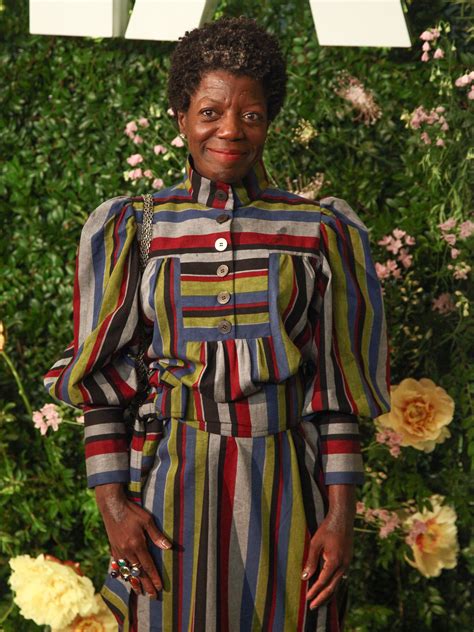A Quote by Gordon B. Hinckley
We are creatures of our thinking. We can talk ourselves into defeat or we can talk ourselves into victory.
Related Quotes
We talk to ourselves incessantly about our world. In fact we maintain our world with our internal talk. And whenever we finish talking to ourselves about ourselves and our world, the world is always as it should be. We renew it, we rekindle it with life, we uphold it with our internal talk. Not only that, but we also choose our paths as we talk to ourselves. Thus we repeat the same choices over and over until the day we die, because we keep on repeating the same internal talk over and over until the day we die. A warrior is aware of this and strives to stop his internal talk.
How do we define, how do we describe, how do we explain and/or understand ourselves? What sort of creatures do we take ourselves to be? What are we? Who are we? Why are we? How do we come to be what or who we are or take ourselves to be? How do we give an account of ourselves? How do we account for ourselves, our actions, interactions, transactions (praxis), our biologic processes? Our specific human existence?
The end comes when we no longer talk with ourselves. It is the end of genuine thinking and the beginning of the final loneliness. The remarkable thing is that the cessation of the inner dialogue marks also the end of our concern with the world around us. It is as if we noted the world and think about it only when we have to report it to ourselves.
There are two tendencies in all our war talk.... The first is to boast, if not of ourselves and our deeds, at least of our army, our corps, our regiments. The other is to find fault with, to criticize, to censure, to condemn others. If there is a victory, we gained it and must have the credit of it. If there is a failure, it was the fault of the other fellow,--he must be blamed for it.




































